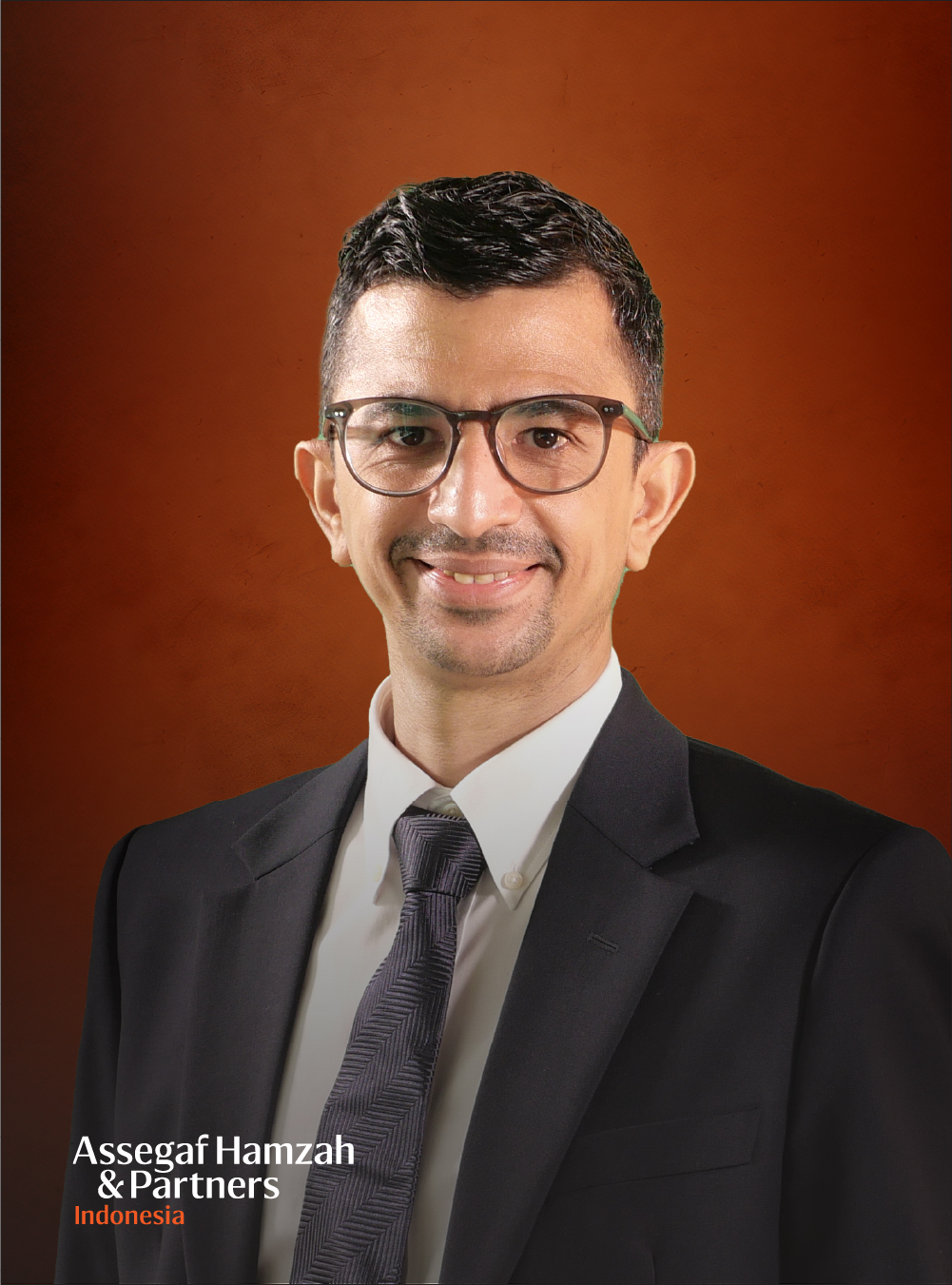Dispute Resolution in the Times of Corona
Just last week, the Chairman of the Supreme Court of the Republic of Indonesia issued the Circular Letter No. 1 of 2020 on the guidelines for the performance of duties by judges and court apparatus during the Covid-19. Under the letter, judges and court apparatus are able to work from home by following the guidelines to ensure that the administration of justice is still being conducted as usual.
Changes to Hearing
Under the letter, judges have the discretion to postpone a court hearing or restrict the number of attendants in the hearing. The Supreme Court also encourages that parties filed a lawsuit through the e-litigation system, which was already established pre-outbreak under Regulation No. 1 of 2019. Based on our experience so far, hearings for ongoing civil cases that were not convened through the e-litigation system are likely to be postponed for up three weeks.
As for a criminal case hearing, it can be held by way of teleconference during this time pursuant to Letter No. 379/DJU/PS.00/3/2020, issued by the Directorate General of Public Court Body under the Supreme Court.
Meanwhile, through Letter No. 486/Djmt/B/3/2020 on the Implementation of Electronic Court Hearing, a hearing for a state administrative case will be held via email correspondence or through Zoom meeting where the judges and the parties can communicate with each other in real time.
For arbitration proceedings, the Indonesian National Arbitration Board (“BANI“) previously applied limited opening hours, which was to apply up to 5 March 2020. We have yet to receive a confirmation whether this arrangement has been extended or a new arrangement determined. However, under Article 20 of the BANI Rules & Procedure of 2018, the arbitral tribunal has discretion to determine whether a proceeding is to be resolved through the exchange of documents or a physical hearing. As such, based on such article, BANI should be able to at least conduct the initial procedural hearing through video conference and optimise the exchange of documents without requiring parties to physically appear.
Conclusion
Based on our research, court hearings for civil and religious cases are still taking place as usual in district courts and the religious court. But in light of the government’s increasing restrictions, it should only be a matter of time before physical hearings become partly or fully restricted.
Contacts

Eri Hertiawan |

Yogi Sudrajat Marsono |

Ahmad Maulana |

Muhamad Kamal Fikri |
***
AHP Client Alert is a publication of Assegaf Hamzah & Partners. It brings an overview of selected Indonesian laws and regulations to the attention of clients but is not intended to be viewed or relied upon as legal advice. Clients should seek advice of qualified Indonesian legal practitioners with respect to the precise effect of the laws and regulations referred to in AHP Client Alert. Whilst care has been taken in the preparation of AHP Client Alert, no warranty is given as to the accuracy of the information it contains and no liability is accepted for any statement, opinion, error or omission.

